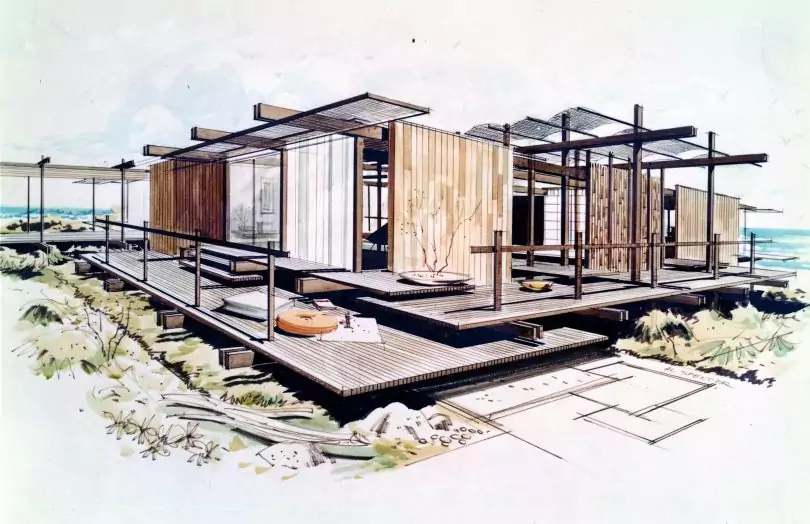A mobile home floor plan is a two-dimensional representation of the layout of the house. This plan shows the location of rooms and major appliances. There are two main types of mobile home floor plans: single wide and double wide. The purpose of a floor plan is to aid in the design process. It also helps the builder or homeowner see how their home will look from every angle.
Many mobile home floor plans can be customized to fit your specific needs. A designer can offer recommendations on layout and design based on the size and type of mobile home you are considering. For example, a designer can help you choose the style of the living room or bedroom. Whether you want a modern or traditional kitchen, a floor plan can help you find a home that is perfect for you.
The number of bedrooms and bathrooms is also an important consideration. You will need to make sure that the house has enough room for your family to live comfortably. Some mobile homes are divided into bedrooms, while others are designed for more space in the living area. If you want to maximize space, consider a double wide plan.
Another option for a mobile home floor plan is a single story plan. This style of building is not very common. A single-story home can have three bedrooms, two bathrooms, and a large garage. Many of the floor plans also have optional features. For example, a master bedroom with a balcony can include a private sitting area. There are also optional features such as a fireplace or a deck. The plan will show the placement of these features.
One of the benefits of buying a modular home is that you can customize it. This allows you to have the perfect home for your needs. By following a mobile home floor plan, you can save money and improve functionality. In addition to these benefits, mobile homes are very easy to finance. They also offer a lower cost per square foot than stick built homes and offer more space for your money.
One of the first steps to building a new home is selecting the floor plan. It is important to select a plan that supports your lifestyle and will accommodate any future changes in the household. You should also consider your lot size, landscape, and future marketability of the home. If you are not sure what size will work best for you, a sales consultant will offer advice on features, utilities, and common maintenance.
Another important step in selecting a floor plan is to understand all the costs involved. Make sure you have your finances in order and make sure you stay within your budget. A floor plan may be simple or complex, depending on what type of features you want. In any case, it is always a good idea to consult an expert to ensure you understand everything.


